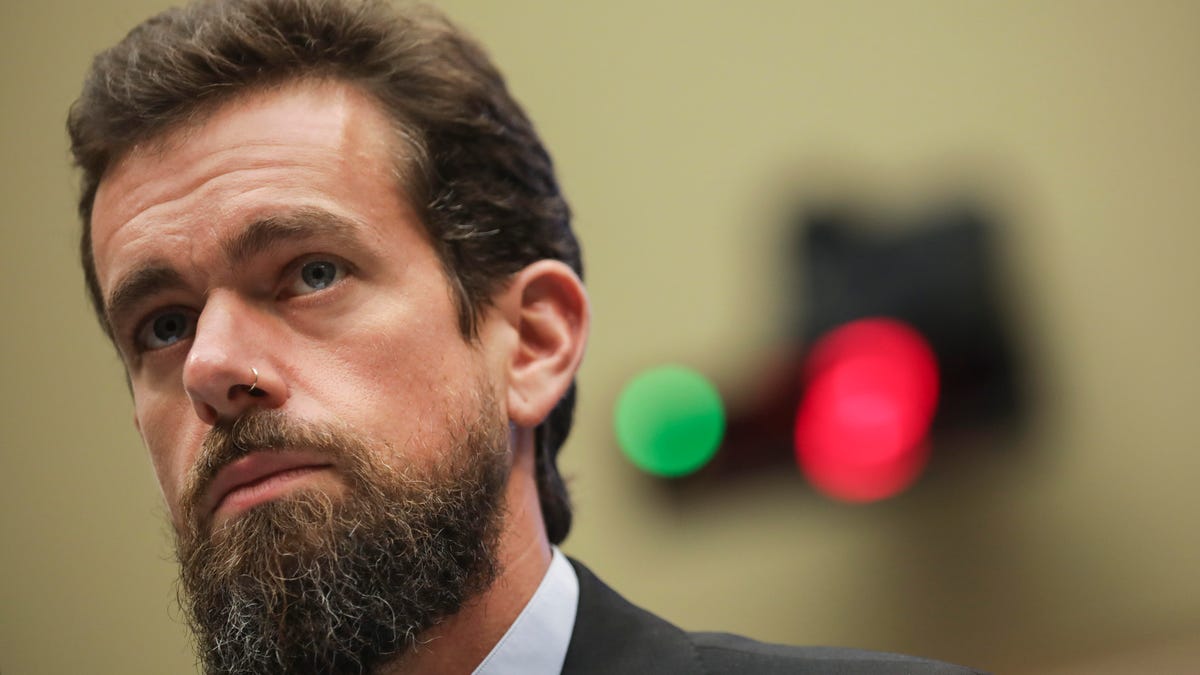Twitter CEO Jack Dorsey wants to fix 'filter bubbles' on the social network
It's not the algorithmic timeline that Dorsey thinks is to blame.

Twitter CEO Jack Dorsey spoke at the WIRED25 conference in San Francisco on Monday.
Social media sites such as Twitter can reinforce certain political viewpoints or biases by surfacing posts they think its users want to see.
It's a problem that Twitter CEO and co-founder Jack Dorsey admits the company is trying to solve, but he's not blaming it on the algorithms.
"I think Twitter does contribute to filter bubbles, and I think that's wrong of us and we need to fix it," Dorsey said at the WIRED25 conference in San Francisco on Monday.
Dorsey noted that the site by design allows users to follow certain accounts, which could skew their perception of the world. If users followed a certain topic or interest, they might see more tweets from people with different viewpoints, he said.
Twitter needs to give users more tools to break down these bubbles, Dorsey acknowledged.
But as social media sites face allegations that it's suppressing conservative voices, these companies are also grappling with free speech concerns.
Twitter's stance on freedom of expression isn't absolute and there are tradeoffs, Dorsey noted. It's the company's purpose to "serve the public conversation," he said, but Twitter believes it can only stand for freedom of expression if its users feel safe and that they're not being silenced.
"Freedom of expression may adversely impact other fundamental human rights such as privacy such as physical security," he said.
Infowars and Silicon Valley: Everything you need to know about the tech industry's free speech debate.
Cambridge Analytica: Everything you need to know about Facebook's data mining scandal.

